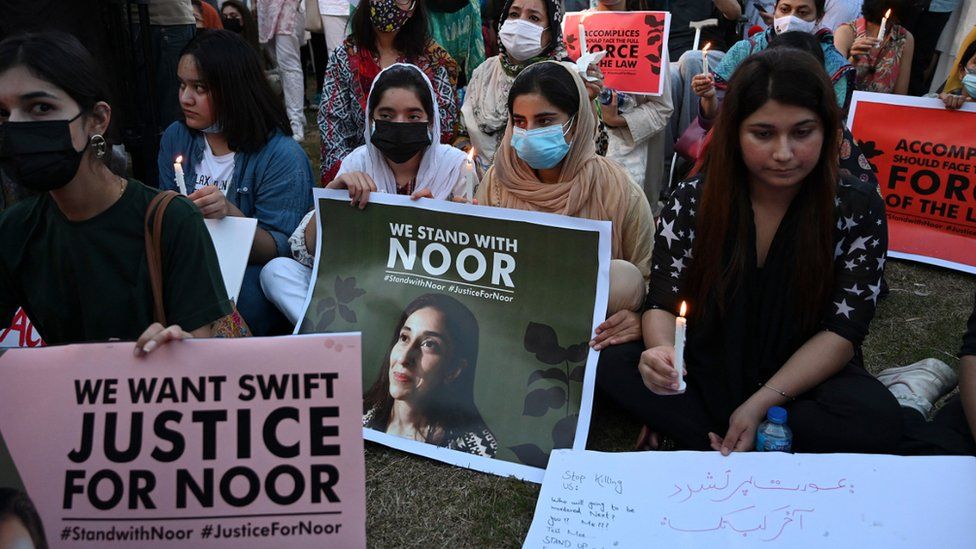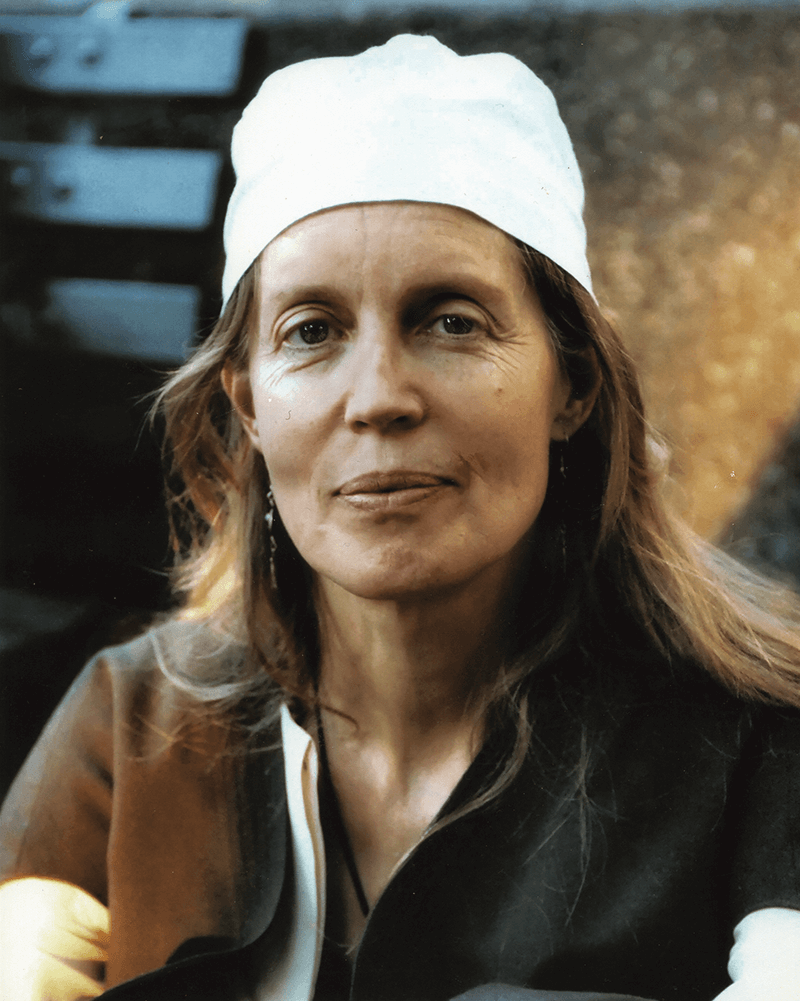The militant group in charge of the country is aggressively enforcing a decree requiring coverings from head to toe and crushing rare public protests against the order.

A market in Kabul, Afghanistan, in November. The Taliban show no sign of easing a crackdown not only on such basic rights as education and jobs for women, but also on every facet of public life.
KABUL, Afghanistan — Her mother begged her not to go to the protest, even as Maryam Hassanzada was on her way out the door.
But Ms. Hassanzada, 24, reassured her mother, then joined a dozen other women protesting a Taliban decree this month requiring Afghan women to cover themselves from head to toe.
Their faces uncovered, the women chanted “Justice! Justice!” and “Stop tyranny against women!” They protested for about 10 minutes before Taliban gunmen roughly broke up the demonstration. The protesters said they were held by Taliban security officials for two hours, questioned and berated, then released with a warning not to protest again.
Ms. Hassanzada was unbowed.
“If we don’t protest, the world won’t know how badly Afghan women are oppressed,” she said later.
These are perilous times for Afghan women. The Taliban show no sign of easing a crackdown not only on such basic rights as education and jobs for women, but on every facet of public life, from deportment to travel.
The cover-up decree, which also urged women to stay home unless they had a compelling reason to go out, followed a previous rule requiring women who travel more than about 45 miles from their homes to be accompanied by a male relative.

Munisa Mubariz leading a protest in Kabul this month. When Taliban gunmen ordered her and other demonstrators to stop a recent rally, she shouted: “You cannot stop our voices!”
In August, the Taliban promised less restrictive policies toward women than during their previous rule in the late 1990s. “There will be no violence against women, no prejudice against women,” the Taliban spokesman Zabihullah Mujahid told reporters.
Instead, in a matter of months, the Taliban have imposed onerous decrees that have dragged women from the relative freedoms achieved over the past two decades to a harsh interpretation of Islamic law that smothers women’s rights.
On the streets of the capital, compliance with the decree is mixed.
In the Dasht-e-Barchi district, home to Hazaras, a predominantly Shiite Muslim minority, very few women cover their faces — except for surgical masks for Covid-19. But in nearby Karte Naw, an ethnic Pashtun area, part of the Sunni majority, most women wear hijabs, or head scarves, that cover their faces.
Outside the capital, most women seem to be obeying the decree. Across the country, women say that Taliban enforcers have accosted them, sometimes violently, and ordered them to cover up.
In the northern province of Takhar, Farahnaz, a university student, said the religious police had set up checkpoints to inspect rickshaws carrying women to class. Those who were not covered in all-black hijabs were roughed up and sent home, she said.

Buying burqas in Kabul in November. Some women in the capital said that men on the street had harassed and berated them when they appeared in public with their faces uncovered.
“I had a colored head scarf but they sent me back home and said I had to wear a black hijab and niqab,” she said, referring to a garment that covers the hair and face except for the eyes. She asked to be identified by only her first name for fear of retribution.
Anisa Mohammadi, 28, a lawyer in Mazar-i-Sharif in northern Afghanistan, said she had bought a burqa because she feared that her honor would be questioned if she did not wear it. She said the religious police there were closely monitoring women and ordering them to cover up.
In Baghlan Province, also in northern Afghanistan, Maryam, 25, a women’s rights activist who has refused to cover her face, said that a friend had been warned that she would be flogged if she continued to wear only a head scarf.
“I’m scared,” said Maryam, who asked that her last name not be published. “The Taliban told me that I’d better not come to the city again if my face is not covered.”
In Kabul, a 24-year-old university student who wore a head scarf but no face covering to a popular recreation area said that she had been struck on the head by a rifle butt wielded by a passing Taliban gunman who shouted at her to cover her face.

Family members celebrating Eid in Kabul this month. The Taliban have urged Afghan women to stay home unless they have a compelling reason to go out.
Taliban gunmen have pointed weapons at female protesters, sprayed them with pepper spray and called them “whores” and “puppets of the West,” Human Rights Watch has said.
Local news media reported that some female students at Kabul University had been sent home by Taliban enforcers for not complying with the hijab decree. And Human Rights Watch reported that the Taliban religious police attempted to compel Afghan women working for the United Nations mission in Kabul to cover up.
Muhammad Sadiq Akif, spokesman for the Virtue and Vice Ministry in Kabul, denied that any women had been accosted or punished. He said that ministry patrols had not forced women to cover themselves but had merely explained the decree to encourage full compliance.
And he denied that women had been compelled to wear black hijabs, saying that they could wear hijabs of any color.
“Out of respect for the sisters of our country, we do not stop, summon or punish any women,” he said in an interview at the ministry, which has replaced the previous government’s Ministry for Women’s Affairs.
“The hijab is the command of God and must be observed,” Mr. Akif said, adding that the regulation for women was “for their own protection.”

Muhammad Sadiq Akif, spokesman for the Virtue and Vice Ministry, in his office in Kabul this month. “Out of respect for the sisters of our country, we do not stop, summon or punish any women,” he said.
The decree, ordered by the Taliban’s supreme leader, Haibatullah Akhundzada, mandated a series of escalating punishments, including jail time, for male relatives of women who repeatedly refused to cover themselves. Mr. Akif said that some men had been formally warned, but not punished.
That pressure was denounced by some women. “My father and brothers do not have a problem with me,” said Mozhda, 25, a women’s rights activist in Mazar-i-Sharif who has refused to cover her face and asked to be identified by only her first name for fear of retribution.
Until the takeover last summer, the Taliban had been out of power for 20 years, and many women, especially in cities, became accustomed to the more relaxed mores.
“Women now are not like the women of 20 years ago, and the Taliban should understand that,” said Fatima Farahi, 55, a women’s rights activist in Herat, in western Afghanistan.
Ms. Farahi said that she and many other women in Herat had refused to cover their faces. So far, she said, she and her colleagues had not been threatened by the Taliban.
In Kabul, the protesters, who call themselves the Afghanistan Powerful Women’s Movement, vowed to continue to protest and to use social media to urge women to defy the decree.
When Taliban gunmen ordered them to stop a recent rally, a protest leader, Munisa Mubariz, shouted: “You cannot stop our voices!”
The women said they were warned that they would be jailed for five days if they protested again.
Five Western journalists and two Afghan reporters who were reporting on the demonstration were also held and questioned for two hours, separately from the women, and later released unharmed.

Ms. Mubariz speaking to reporters during the protest in Kabul on May 10. The women who joined the rally said that they had been warned they would be jailed for five days if they protested again.
Mr. Akif of the Virtue and Vice Ministry said that the women who protested had made a mistake, and “were given the right understanding” of the decree by Taliban officials.
“It is not permissible to stand or protest against any kind of Islamic ruling and it is considered a crime,” he said. “If they understand and the right way is shown for them, they will never do these things. I’m sure they will comply.”
No way, said Zakia Zahadat, one of the protesters.
“I’ll be back — I won’t stop protesting,” Ms. Zahadat, 24, said. “We’re facing an economic crisis, a social crisis and a political crisis, but the Taliban only care about the hijab? Does this mean if we wear a hijab all our problems will be solved?”
Jamila Barati, 25, another protester, said, “Women have to fight for their rights, no matter the risks. I won’t stop protesting.”
Several women said that their husbands or parents had begged them to stop. The women said that they had received threatening phone calls from Taliban security officials. Some said that they moved from house to house to avoid detection.
Ms. Hassanzada said that her mother had asked her to stay indoors at all times.
But, Ms. Hassanzada said, she spent most of her time at home anyway since the Taliban fired her from her job at a government ministry. After she returned home safely the day of the most recent protest, she said, she repeated a promise she had made to her mother.
“I said I would never leave the house — except to protest,” she said.

Maryam Hassanzada has joined demonstrations against the decree. “If we don’t protest, the world won’t know how badly Afghan women are oppressed,” she said.
Najim Rahim contributed reporting from Houston, and Safiullah Padshah and Kiana Hayeri from Kabul.
https://www.nytimes.com/2022/05/21/worl ... ews_dedupe






















